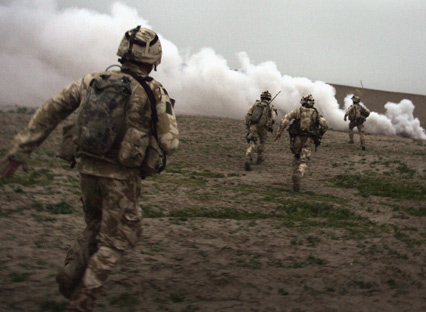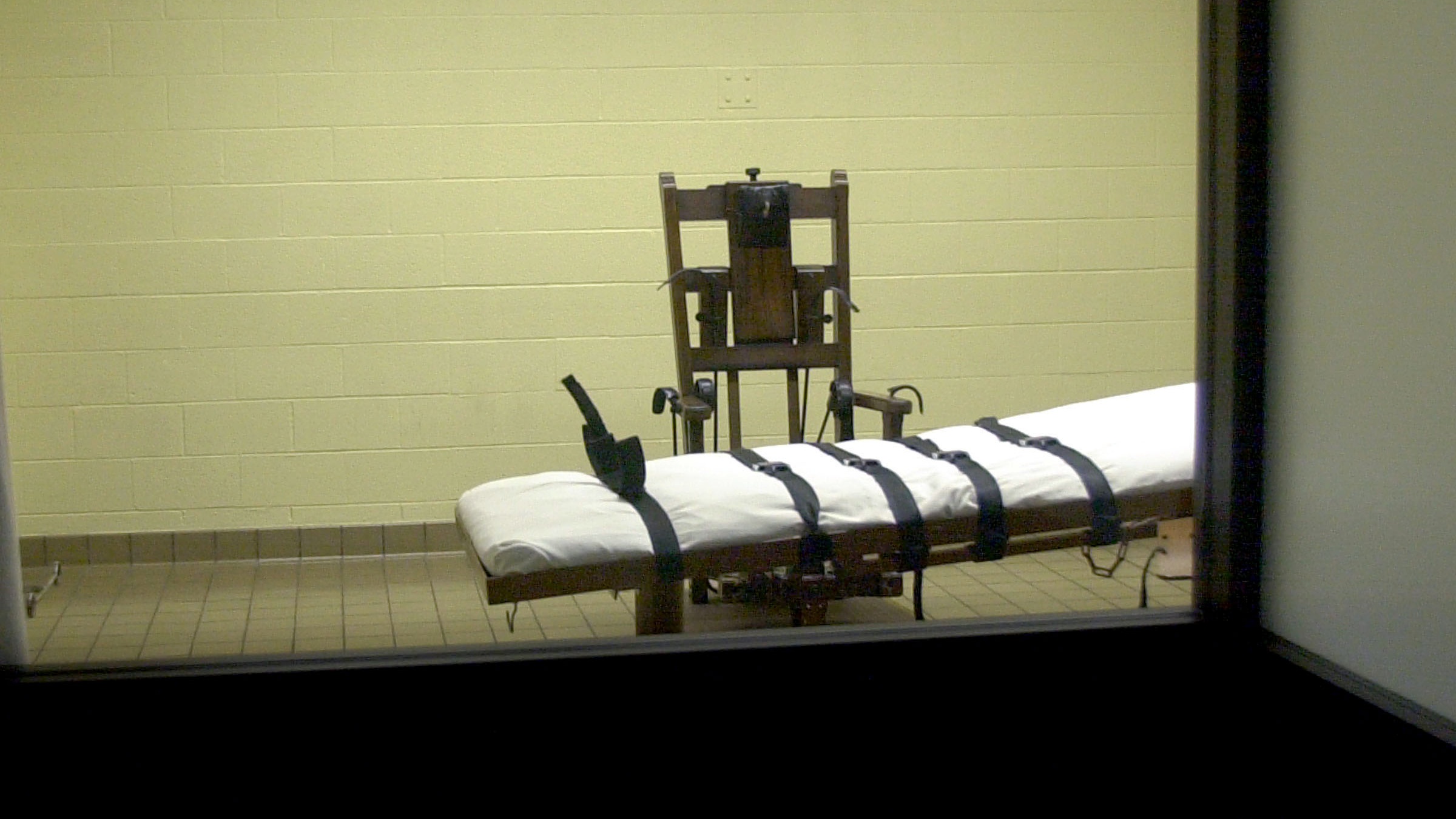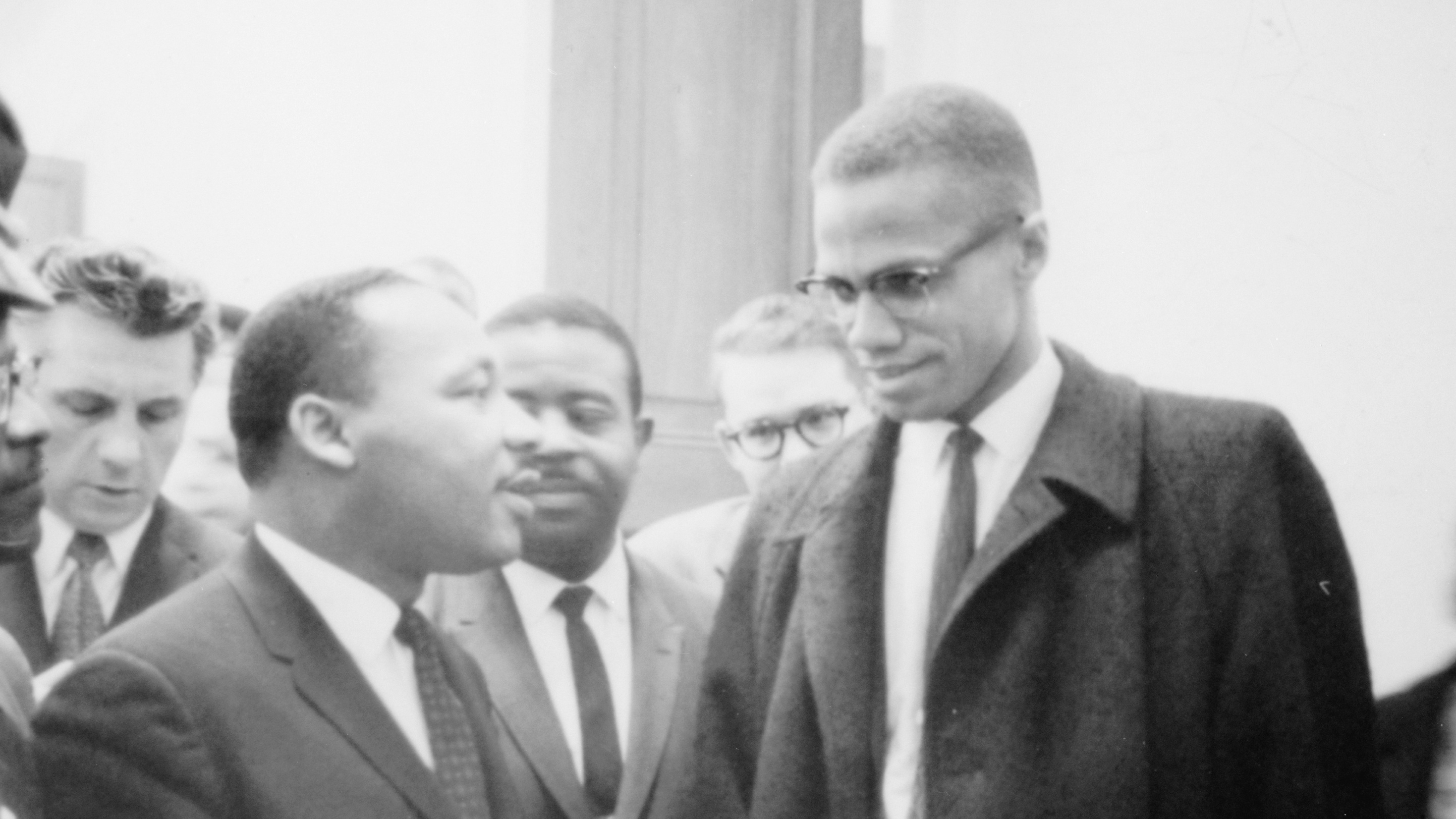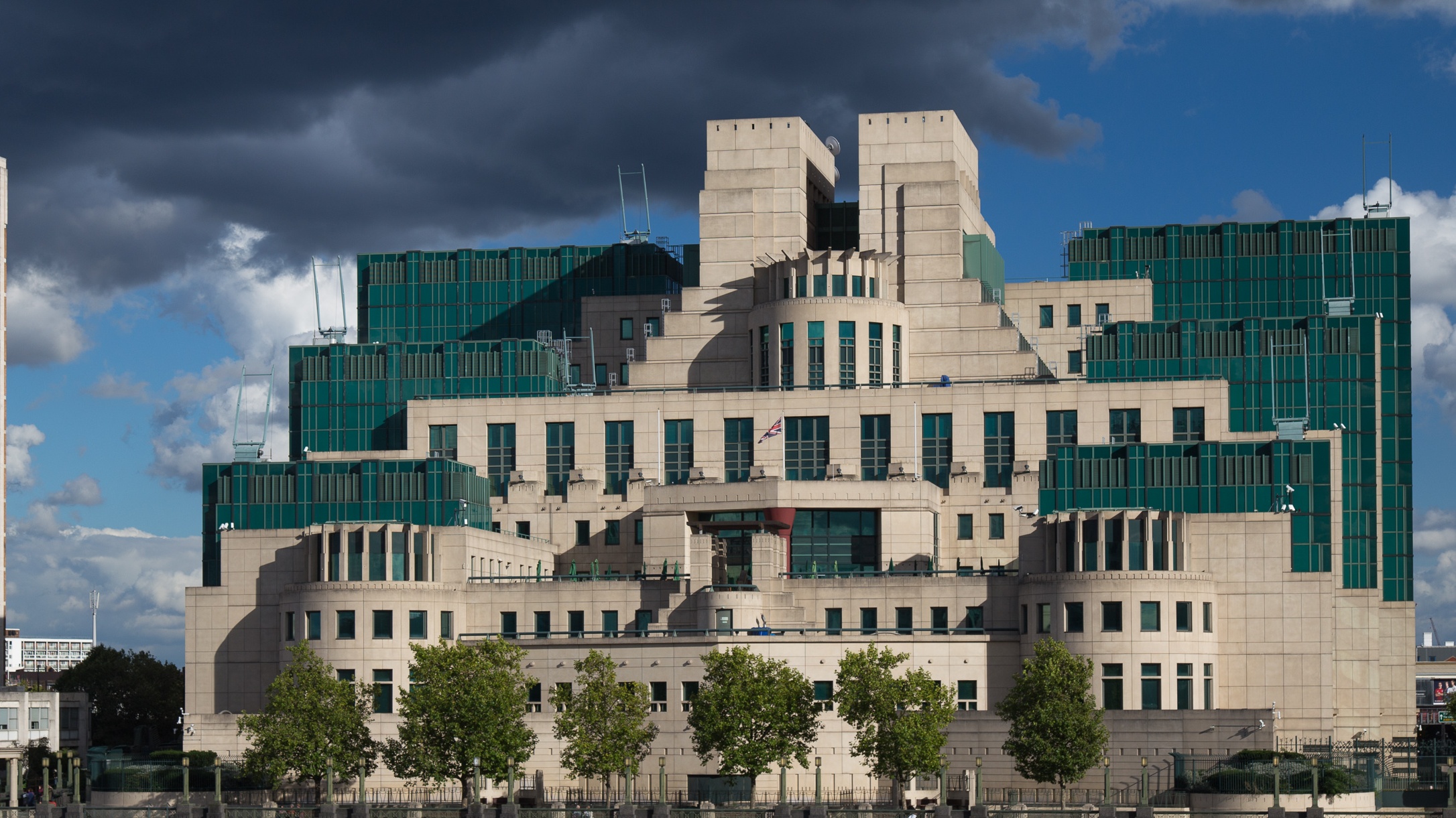British military leaders admit 'flaws' in Afghanistan strategy
Armed services were unequipped to fight in both Iraq and Afghanistan, creating a 'perfect storm'

A free daily email with the biggest news stories of the day – and the best features from TheWeek.com
You are now subscribed
Your newsletter sign-up was successful
Former Army leaders have admitted that the British military was not equipped to fight in Iraq and Afghanistan at the same time, creating a "perfect storm".
General Sir Peter Wall, who stood down as Chief of the General Staff last month, has said that British soldiers were sent into Afghanistan based on a "wrong" calculation of resources.
After 13 years in the country, British service personnel will be withdrawn almost completely from the country by the end of the year. More than 450 British soldiers died in the conflict, with hundreds suffering serious injuries such as limb amputations.
The Week
Escape your echo chamber. Get the facts behind the news, plus analysis from multiple perspectives.

Sign up for The Week's Free Newsletters
From our morning news briefing to a weekly Good News Newsletter, get the best of The Week delivered directly to your inbox.
From our morning news briefing to a weekly Good News Newsletter, get the best of The Week delivered directly to your inbox.
Speaking on the BBC2 series Afghanistan: The Lion's Last Roar, Sir Peter said that military leaders sent 3,300 troops into Afghanistan in 2004 despite knowing that they did not have the resources to fight in more than one campaign.
"We had put forward a plan saying that for the limited objectives that we had set ourselves, this was a reasonable force. And I freely admit now, that calculus was wrong," he said.
Lord Dannatt, head of the Army between 2006 and 2009, also admitted that their assumption that the Iraq war was winding down by summer 2006 was "flawed".
He told the BBC: "We called it the perfect storm, because we knew that we were heading for two considerable size operations and we really only had the organisation and manpower for one."
A free daily email with the biggest news stories of the day – and the best features from TheWeek.com
In the summer of 2006, soldiers found themselves overstretched, under constant fire and dangerously low on food, water and ammunition, says the BBC.
Lord Richards, who commanded the 35,000 troops from 37 nations in Nato's International Security Assistance Force (Isaf) from 2006 to 2007, said there was an "institutional reluctance" to accept that the conflict could deteriorate.
"I didn't have a reserve, I didn't even have an aircraft to fly round my own patch," he said. "I mean we just weren't in the real world."
The Ministry of Defence admitted there were "military obstacles" at the beginning of the Afghanistan campaign, but said "we can be proud of what we have achieved".
The terrorist threat to the UK from the region was "substantially reduced" and the UK has played an "important role in training Afghan security forces", it said.
-
 The 8 best TV shows of the 1960s
The 8 best TV shows of the 1960sThe standout shows of this decade take viewers from outer space to the Wild West
-
 Microdramas are booming
Microdramas are boomingUnder the radar Scroll to watch a whole movie
-
 The Olympic timekeepers keeping the Games on track
The Olympic timekeepers keeping the Games on trackUnder the Radar Swiss watchmaking giant Omega has been at the finish line of every Olympic Games for nearly 100 years
-
 Texas’s abortion law: the Republicans get their way, at last
Texas’s abortion law: the Republicans get their way, at lastSpeed Read SB8 authorises private citizens to sue anyone who performs, ‘aids or abets’ an abortion after six weeks of pregnancy
-
 Changing legal gender: what’s new and how does it work?
Changing legal gender: what’s new and how does it work?Speed Read Cost of a gender recognition certificate application is reduced from £140 to £5
-
 America’s bloodiest state votes to ban the death penalty
America’s bloodiest state votes to ban the death penaltySpeed Read Virginia has executed more than 1,300 people in its 400-year history
-
 FBI accused of ‘fake’ background check on Donald Trump Supreme Court nominee
FBI accused of ‘fake’ background check on Donald Trump Supreme Court nomineeSpeed Read Democratic senator calls for ‘proper oversight’ over Brett Kavanaugh investigation into sexual assault claims
-
 Family of Malcolm X claims letter proves FBI and NYPD involved in his murder
Family of Malcolm X claims letter proves FBI and NYPD involved in his murderSpeed Read Daughters of assassinated civil rights leader demand reopening of investigation
-
 Meghan Markle granted nine-month delay in Mail on Sunday privacy case
Meghan Markle granted nine-month delay in Mail on Sunday privacy caseSpeed Read Duchess of Sussex had applied for summary judgement in battle over letters sent to her estranged father
-
 Meghan Markle to pay £67,000 after losing first round of legal battle against Mail
Meghan Markle to pay £67,000 after losing first round of legal battle against MailSpeed Read Duchess of Sussex is suing the newspaper’s publisher for printing parts of private letter to her father
-
 MI6 agents tried to stop judge seeing secret documents in ‘licence to kill’ case
MI6 agents tried to stop judge seeing secret documents in ‘licence to kill’ caseSpeed Read Intelligence agency was forced to apologise for ‘any misunderstanding’, court documents show